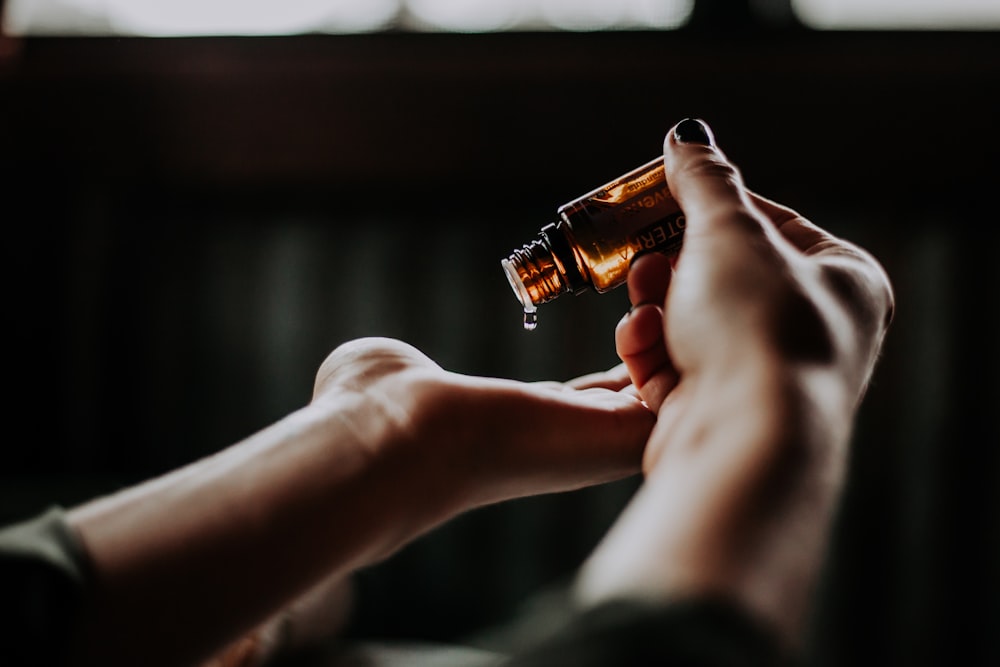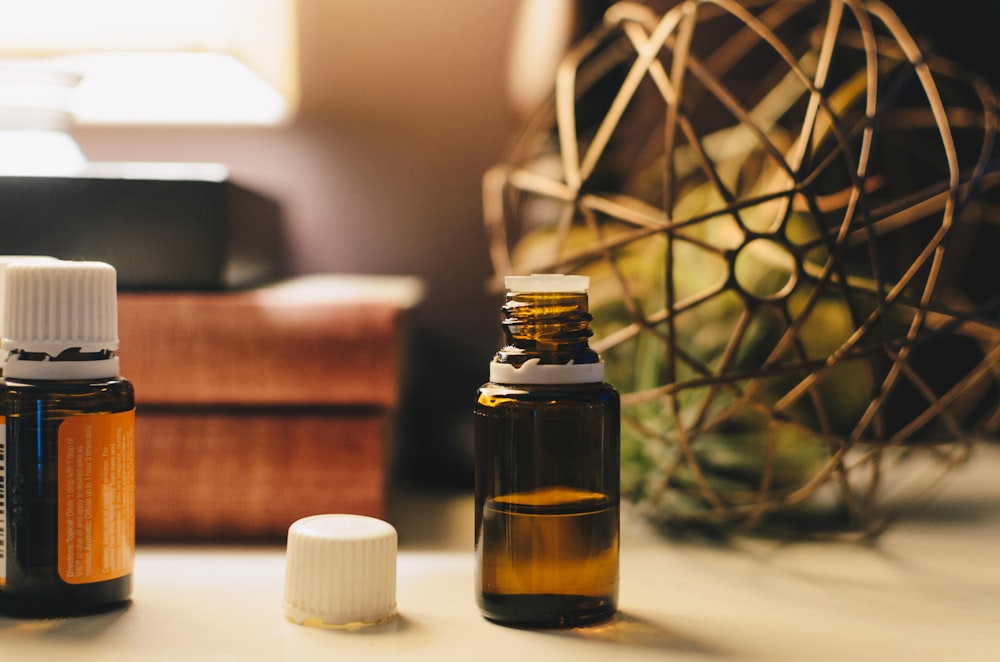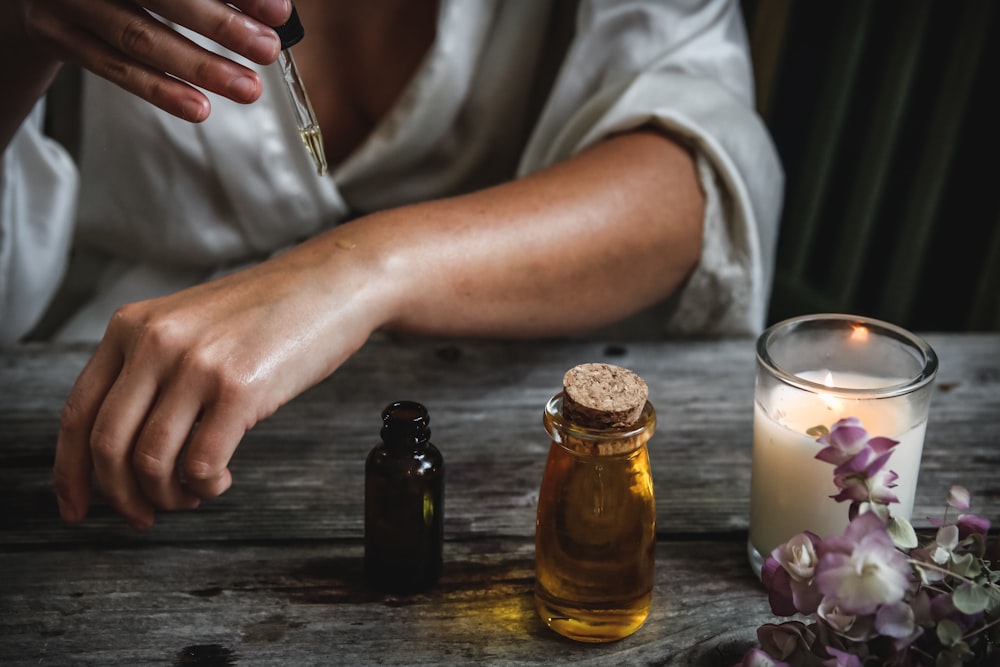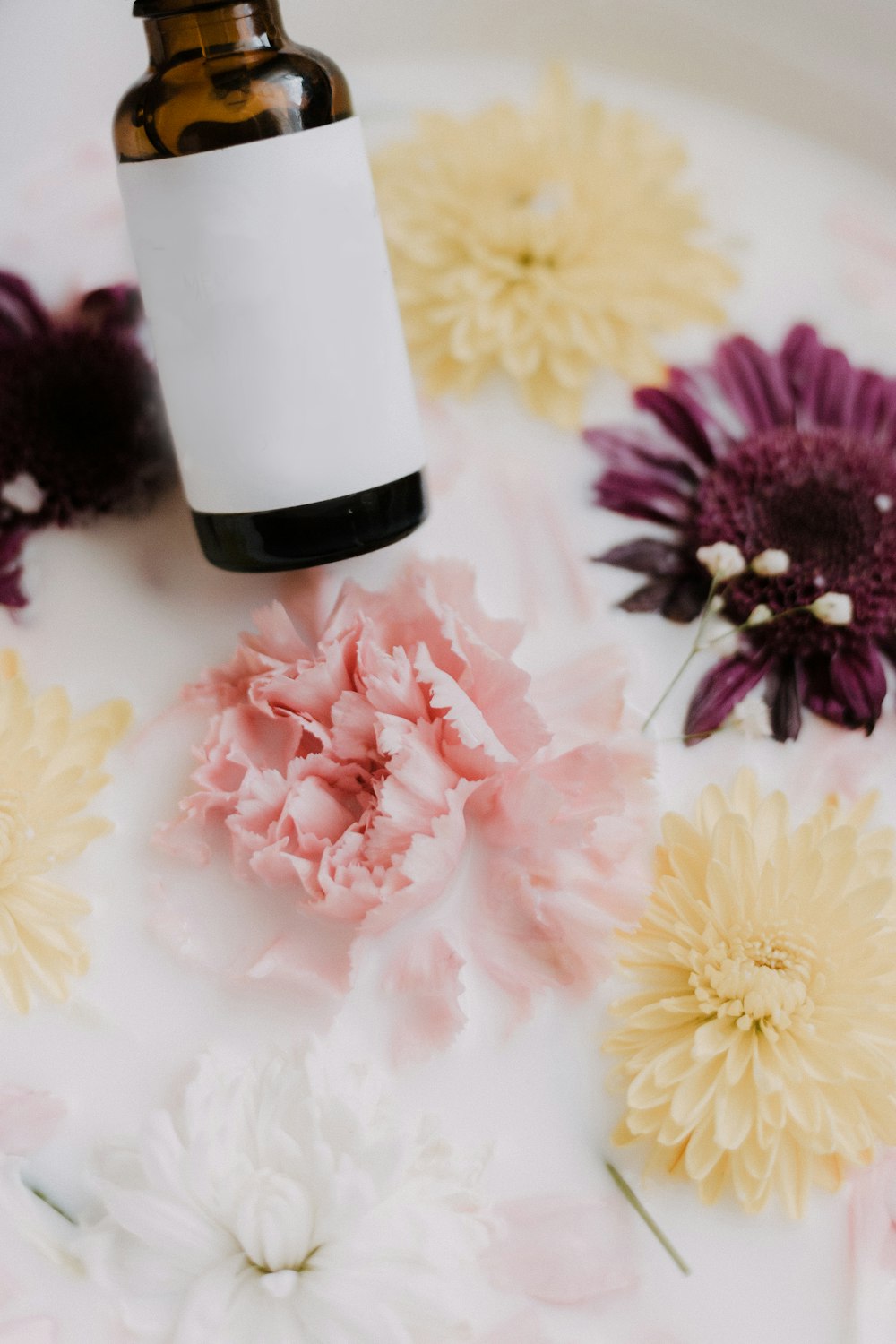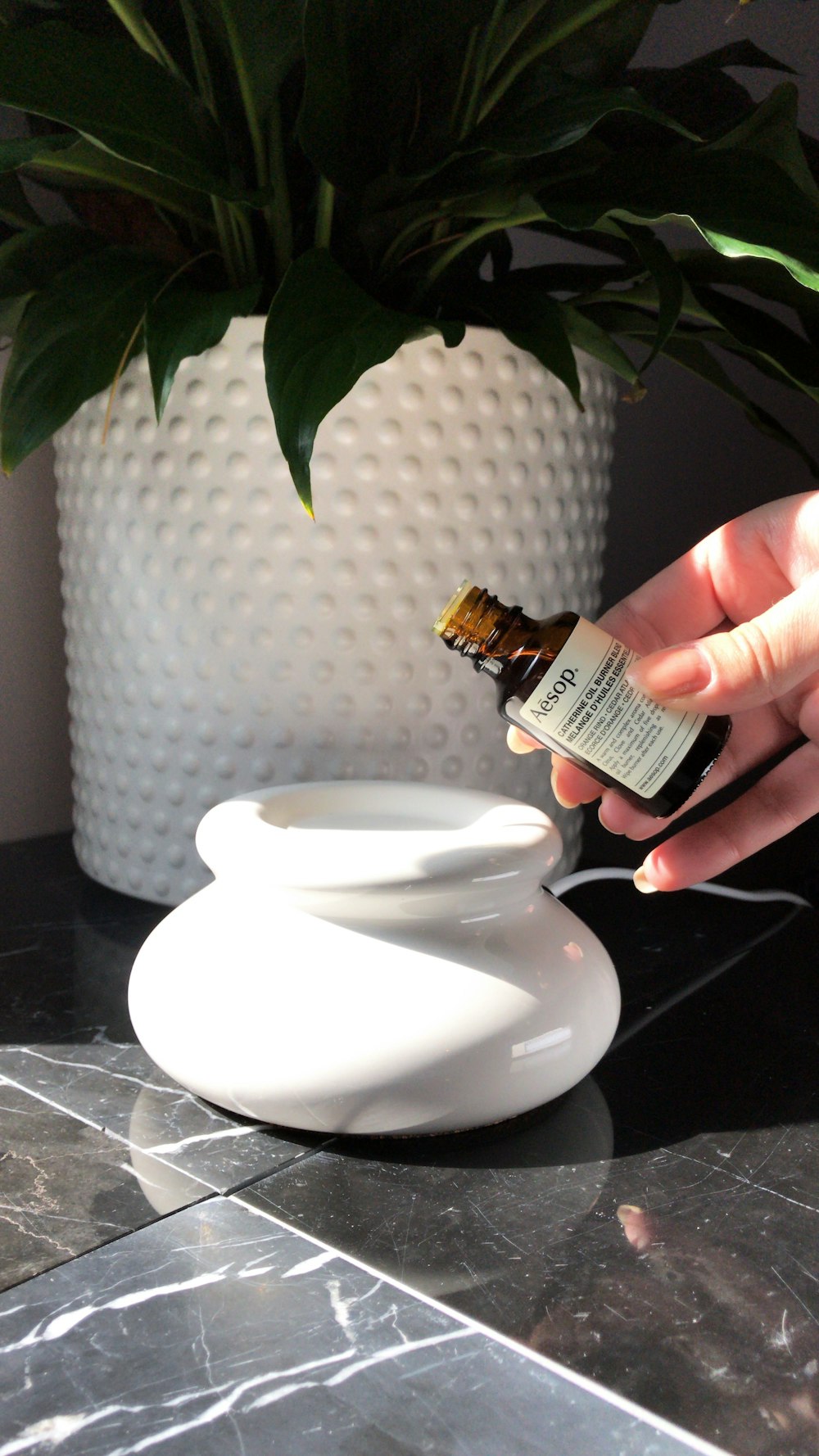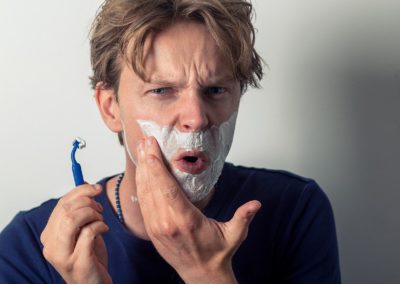Essential Oils In Skincare

written by nail expert Jess Rowley
Ever wondered about using essential oils in skincare?
Whether you’re making your skincare products from scratch or considering buying the best drugstore skincare products with essential oils in the ingredient list, you’re going to need to know a few things. If you’re not sure whether essential oils in skincare products are a good thing or a bad thing, then you’re in the right place.
You might have noticed just how difficult it is to find skincare products that are truly safe to use on the skin, free-form irritating chemicals such as fragrance and parabens, that actually work. For this reason, many are wary of essential oils.
Don’t worry.
Learning to read the ingredients list can seem pretty daunting at first, but you’ll realize you can literally pick and choose what you want on your skin. You don’t even have to splurge to get the best drugstore skin care routine. Essential oils are one of those decisions you need to make. To include or not to include? That’s the question.
I’m going to show you the good, the bad and the ugly when it comes to using certain essential oils on your face. Once you know how essential oils work, you’ll be ready to select which ones you want, or don’t want in your skincare products. Whether you have combination skin or dry skin, sensitive or mature, you can find the right essential oils and tailor them to you.
Ready to jump in?
What are essential oils?
Essential oils are very concentrated essences of plants and are often used as a fragrance or in skincare products. You might be thinking, it’s all-natural so it must be good right?
Not so quick. These oils can be extracted from pretty much any plant flower or leaves or any other part. They can be complex with up to 60 different ingredients, which not all of them are good for the skin.
Since they are so concentrated, they are very strong and are made to be mixed in a base such as a moisturizer or carrier oil. Never use an essential oil pure onto the skin. Really, it’s the fragrant side of plants that can make problems for your skin, because natural remedies can have lots of benefits.
This is what causes the debate when it comes to using essential oils in products. On the one hand they can bring natural benefits, but just because they smell good doesn’t mean they’re ideal for your skin.
You’ve probably heard words like aromatherapy thrown around companies that pride themselves in using essential oils. But for years we’ve realized how fragrant oils can be problematic on skin, especially sensitive skin.
The short answer is there isn’t a best essential oil for skin.
Why Essential oils are harmful
Before we write off essential oils completely, its important to note that some of them can have benefits. They may have rich antioxidant properties for instance caffeic acid and rosmarinic acid, others have antibacterial ingredients to protect against fungi ad yeast infections.
For many that’s reason enough to jump onto the essential oil bandwagon. But before you do that, there’s a rather large small print. Long term, it can cause damage occurring beneath skin’s surface. Common essential oils used as fragrance include citronellol, limonene, eugenol and linalool, all of which can damage the skin.
On the flip side, some essential oils have shown to be useful in creating skin conditions such as acne or controlling excess sebum. A couple of examples of this includes tea tree, rosemary, lemongrass, thyme, cinnamon, and citronella. They may help with skin discoloration too, but they have also been known to cause irritation. Apart from that, are they really worth the negative side effects when there are other better active ingredients or chemical compounds such as salicylic acid and benzoyl peroxide.
Some people also like to use essential oils for aging skin, but never fully successfully. The truth is none of the skin oils have been proven to deal effectively with wrinkles or brown spots and loss of firmness. If what you’re looking for is a way to exfoliate the skin cells, then you’d be better off using the non-fragrant plant extracts and vitamins that won’t cause skin irritation.
How to use essential oils in skincare
When to use essential oils in skincare routine? If you’ve read up to this point, then you’ll know that there aren’t any good essential oils for the skin. One way or the other, they have risks when it comes to using them on your skin.
After doing some research you’ll see that in small amounts, for instance 0.1%, the oils are non irritating. Unfortunately, many skincare products use more than one essential oils, or a lot more than the recommended amount. Add to that the fact that most people use more than one skincare product in their routine, and these fragrant oils just build up.
Another issue is that you may not even realize that your skin is getting damaged. Although you may not see a reaction, there can still be damage going on underneath the skin’s surface. That means that while you use these products, you may get problems developing later on. Most of us expect radiant, youthful skin when they use their skincare products, but you could be reaping the exact opposite.
I would recommend avoiding them completely, or using them very carefully, and not often.
Essential oils to avoid in skincare
You noticed by now that essential oils aren’t good for your skin. But did you know that there are some worse than others?
Citrus oils- This includes lemon, lime, tangerine, grapefruit, bergamot and mandarin. These can cause a lot of problems for your skin
Mint oils- I’m talking about peppermint, pennyroyal, wintergreen and balm mint. Sve those for chewing gum. You’ll want to be careful to avoid camphor oil too.
Flowers- Oils like lavender and rose are famous for their soothing properties, but in reality they can cause issues for your skin too. Don’t get me wrong, they have benefits if you inhale them, and they do contain skin calming substances, but along with harmful fragrant substances. To get one, you also have the other.
Other flower oils- Other oils to avoid include ylang ylang, patchouli, jasmine, and geranium oils. These may smell amazing but can cause chaos in skincare
Herbs– Oils include sage oil, rosemary oil, oregano oil, lemongrass oil, ginger oil and eucalyptus oil along with clary sage oil.
You might be wondering, with so much against essential oils, what can I use?
What to use instead of essential oils
Nature has many benefits and having them in your skincare can help with skin concerns. Using gentle, non fragrant oils are a good way of including plant extracts that treat your skin rather than harming it.
Here is the key difference; go for natural ingredients in your sknicare, but avoid natural fragrant ingredients.
Although they sound similar, this small difference can be the key to how our skin looks and feels. The good news is that the list of beneficial, non harmful natural oils is endless! The best way to make the most of them is to scan the ingredients list of all products you purchase to see if they contain fragrant plant oils and extracts. That way you’ll get non fragrant products that are not irritating on the skin and packed with natural ingredients to nourish.
How to list essential oils in skincare?
Pay attention to the smell of products, a lack of perfume or scent is actually a good thing. Check the ingredients list for fragrances of parfum. Or go for brands that you know beforehand are safe to use. I’d recommend brands like CeraVe, The Ordinary, and Paula’s Choice.
Even once you know how to list in products essential oils in skincare, at the end of the day, the best essential oils for your skin will always be the ones to don’t have in your skicnare products. That doesn’t mean you have to miss out on all that nature has to offer, as you can still treat your skin using non fragrant oils.
And, if you’re a fan of essential oils, you can still make the most of these fragrances in scented candles or in a diffuser. It’s a win win!
The pros and cons of essential oils
Here is a brief summary of the advantages using essential oils in your skincare. Which side are you on?
Why use essential oils
With so many debates going on about essential oils, here are a couple of reasons to give them a go.
Healing properties for the skin
Many people hop onto the essential oils bandwagon because of their skin supporting benefits. Essential oils can bring lots of antibacterial properties to the skin as well as being anti inflammatory properties to reduce skin inflammation, regenerating and good for treating skin concerns such as acne.
Safe to use
Many people blame the toxicity of essential oils when in reality the issue could be another altogether. Essential oils need to be used in specific concentrations, in a pure form and within their shelf life. Unfortunately, many products use the wrong essential oils, either in a high concentration or in an impure, oxidized form. If the essential oil is not pure, then it’s not an essential oil. Always use with carrier oils like argan oil or olive oil to prevent skin reactions.
Why it’s sometimes best to avoid essential oils
Some people will warn you to steer away from essential oils, and the truth is there are some things you need to be careful with.
Potential allergens
Essential oils may contain potential allergens. I use the word potential because not everyone will be allergic to essential oils, but the same oil may work for one and trigger an allergy for someone else. At the end of the day, no skincare ingredient in the world is for everyone. Some molecules in essential oils are harmful to some people and can cause skin sensitivity or irritation. The only way to know this for sure is to take note of how your skin reacts when you see skincare products with a particular essential oil in them.
Very strong
Essential oils are very concentrated, very potent plant compounds. If used wrong they can be quite harmful to your skin. In fact, there are even some essential oils that should be avoided during pregnancy as they can simply be too strong. The main thing is to avoid taking essential oils internally, and never use them neat or straight onto the skin. Ideally, essential oils are volatile essences and should be used in a safe way with a base carrier oil or cream, and ensuring that they are at a low concentration and are not adulterated oils. In their concentrated form, they can cause skin issues like allergic reactions that can significantly irritate the skin and even cause chemical burns.
With that, many people choose to avoid them entirely since there are so many things to be careful with. However, it’s good to remember that essential oils are plant compounds, they contain the life force of that plant. That means although they are powerful, they are also very beneficial. With that potency, those same molecules that are beneficial can also be what makes them an irritation for others.
Final Thoughts
If you have sensitive skin, you might be wary of potent essential oils. When it comes to using them in skincare, there are two sides to the coin. Some people have had excellent results using tea tree oil for acne prone skin, or lavender essential oil on mature skin to treat fine lines.
Some oils are more harmful than others like citrus oils, especially used without a base oil such as coconut oil. Even your favorites such as frankincense essential oil or rose oil can be causing an allergic reaction occurring beneath the skin’s surface. It’s a good idea to do a skin patch test before using an essential oil blend and always with a carrier oil like sweet almond oil or hemp seed oil.
Since they are a potent irritant for the skin, you want to avoid sun exposure as they can cause oxidative stress and be extremely problematic and damage skin. No matter you rksin type, you can make the most of essential oils when you use them right.
Are you pro essential oils?
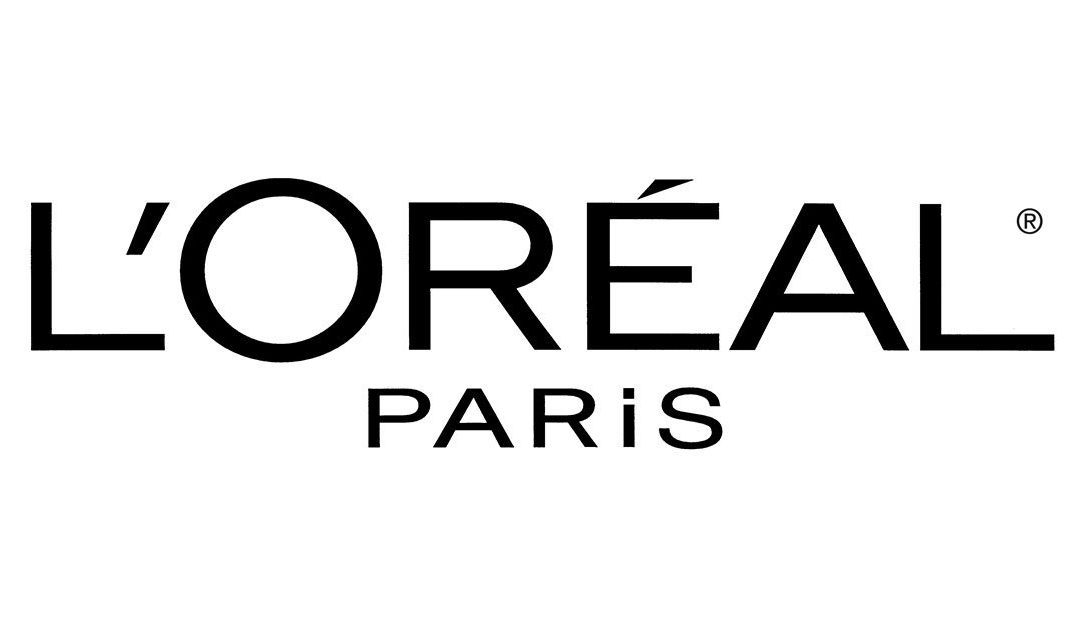
Best L’Oreal Products For Men
[Review] in 2022 written by nail expert Jess RowleyCheck out the results fast - here are our review winners[dica_divi_carousel item_width_tablet="400px" item_width_phone="345px"...

Best Neutrogena Skincare Products
[Review] in 2022 written by nail expert Jess RowleyCheck out the results fast - here are our review winners[dica_divi_carousel item_width_tablet="400px" item_width_phone="345px"...
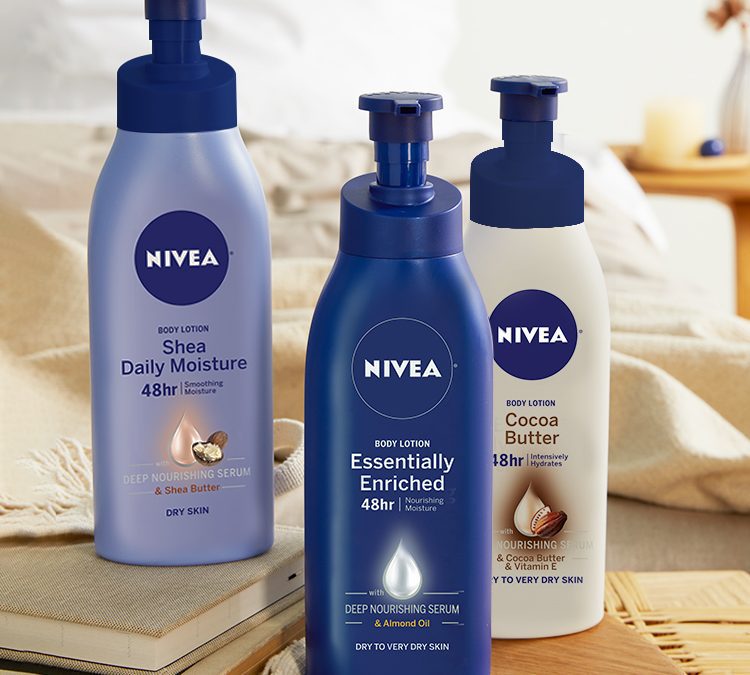
Best Nivea Products For Men
[Review] in 2022 written by nail expert Jess RowleyCheck out the results fast - here are our review winners[dica_divi_carousel item_width_tablet="400px" item_width_phone="345px"...
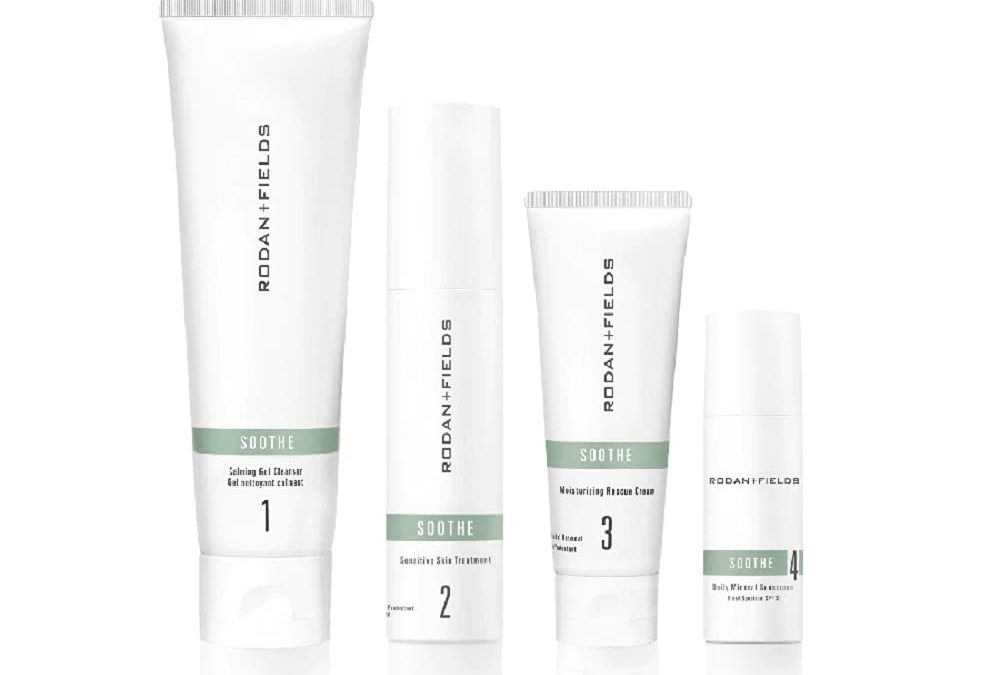
Best Rodan+ Fields Products
[Review] in 2022 written by nail expert Jess RowleyCheck out the results fast - here are our review winners[dica_divi_carousel item_width_tablet="400px" item_width_phone="345px"...

